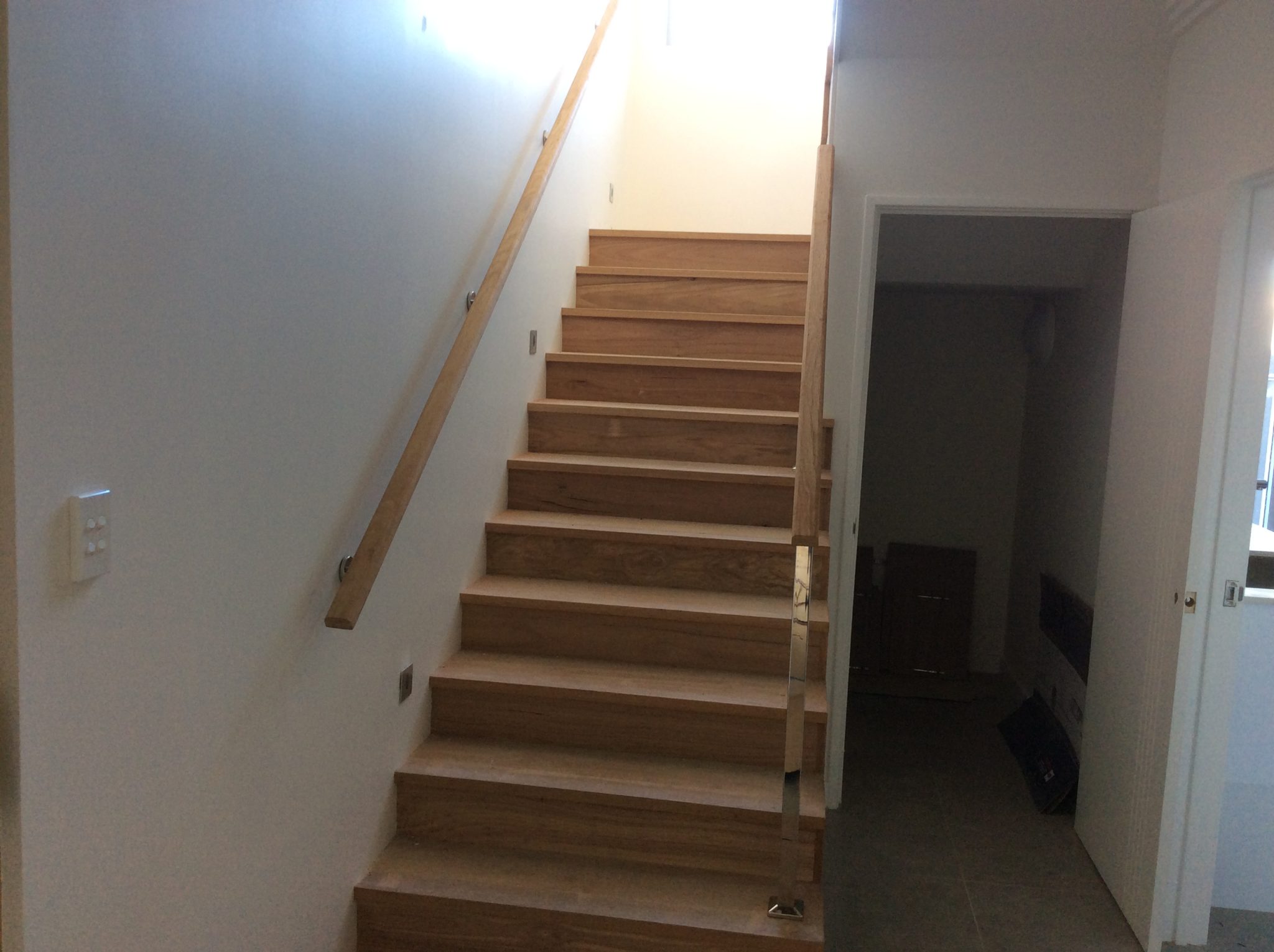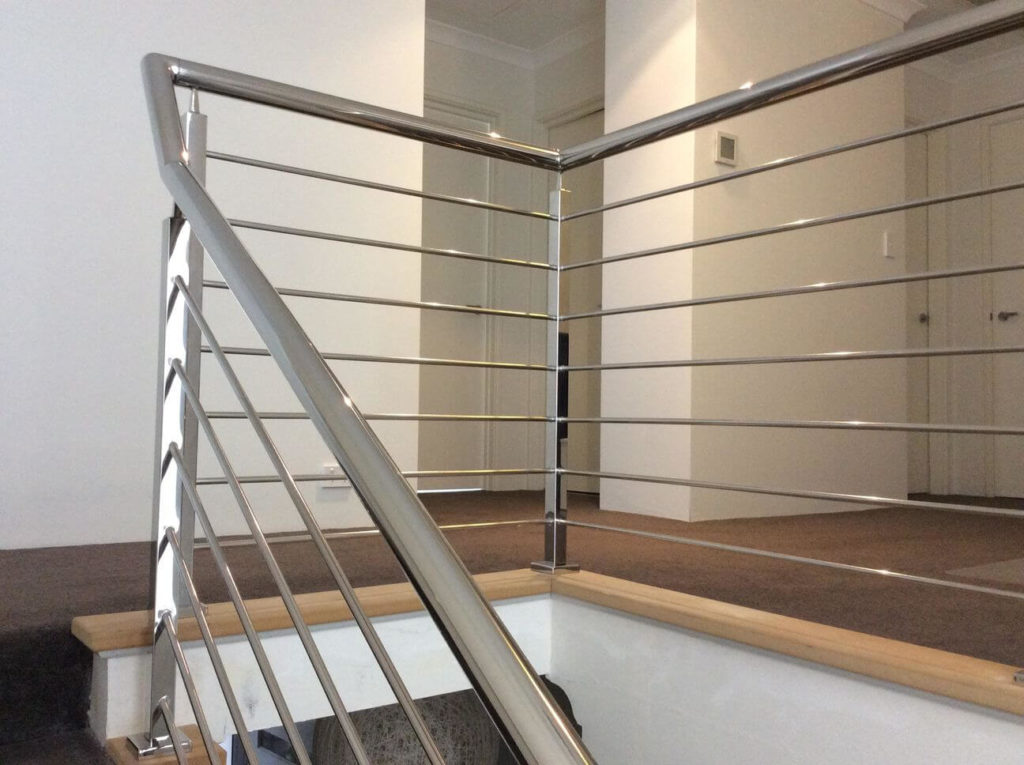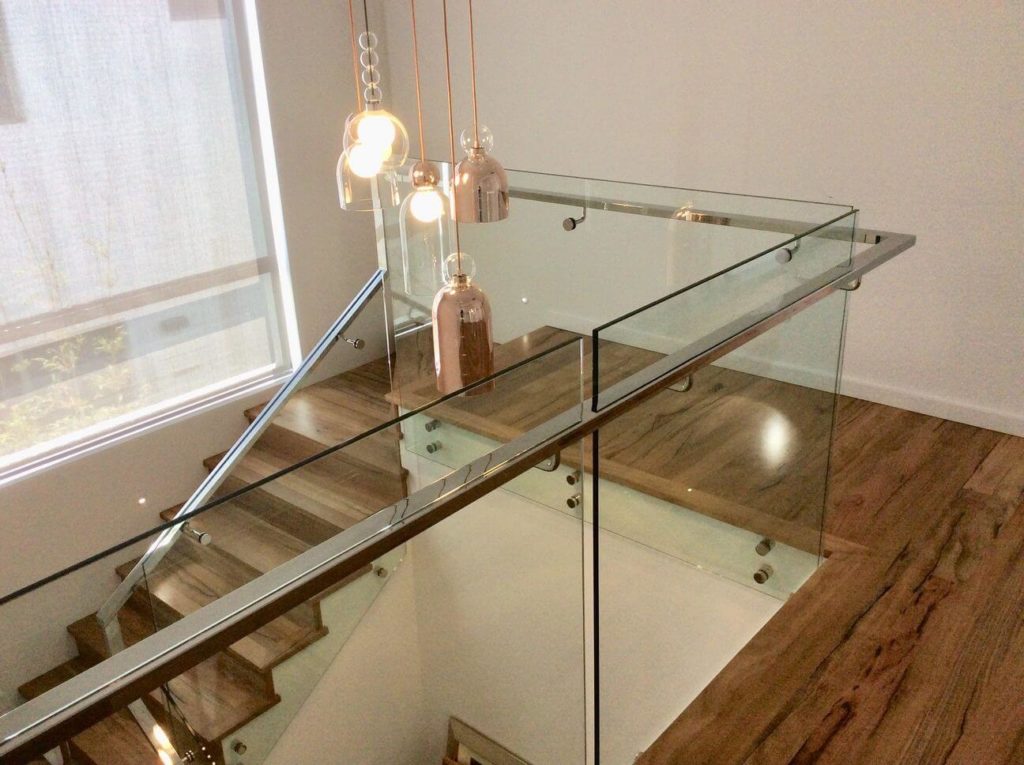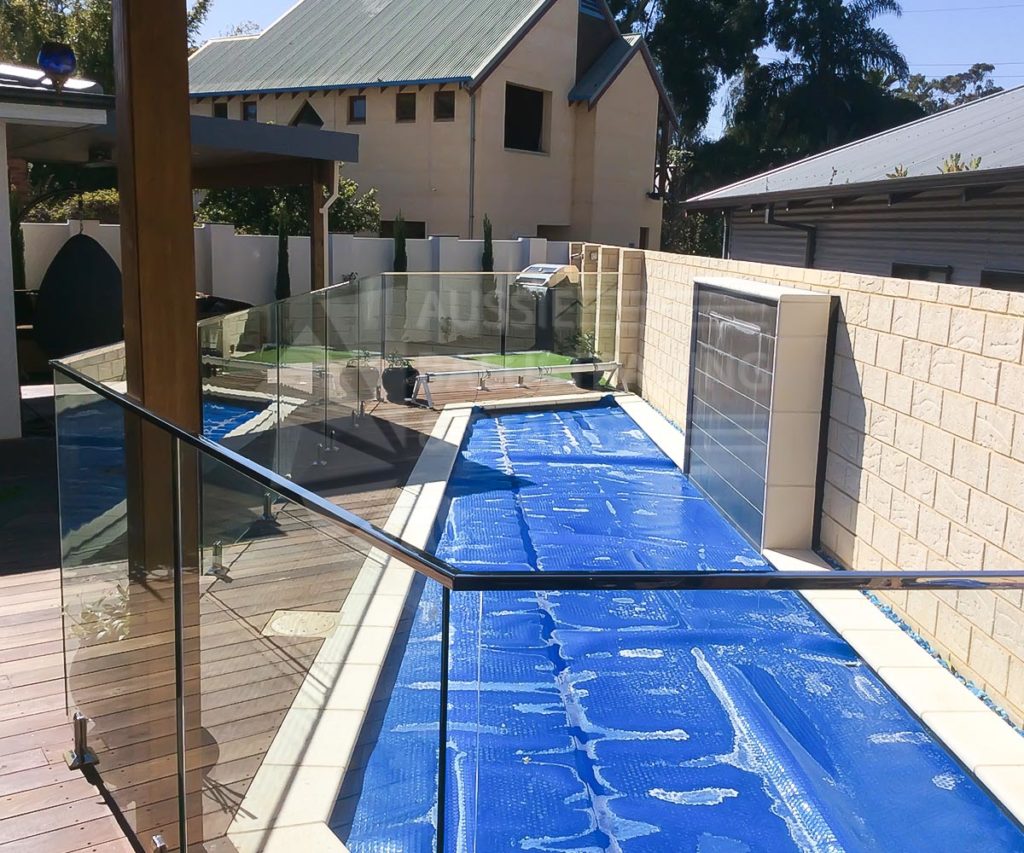The handrails are rarely given a second thought when looking at a staircase as it is always seen as a whole, but it’s an essential component that plays a pivotal role in enhancing the stairway’s safety features. No one notices quality handrails, but it’s the unsung hero that can make or mar a person’s comfort while ascending or descending a flight of stairs.
Handrails can either be attached to the wall to serve its purpose of supporting passers-by or built-in seamlessly into the overall design of a staircase. When thinking of the best materials to choose for your rails, wood remains a perennial favorite as it never fails to provide understated elegance with its timeless appearance.
A Timeless Love For Wooden Staircases
Wood combines reliability, longevity, and attractiveness in one capricious material, making it a classic choice that is sure to elevate your interiors. It’s a material that can withstand changing trends and the test of time thanks to its beneficial properties, which encompass qualities such as its easy installation, flexible design thanks to its varying finishes like stains, oils, wax, or paint, amongst others.
Wood gives the atmosphere a sense of warmth when paired with metal or glass, giving the industrial-inspired space a touch of rustic charm.
While there’s no doubt that wood is a perfect choice as handrails, this begs the question: what type of wood suits your taste, needs, and budget? We’re here to give a rundown on five popular types of wood to help you make the right pick later on.
Exploring Different Types Of Wood To Use As Handrails
1. Oakwood Handrails
Coming on top as one of the go-to choices in various homes, oak is a fan-favorite as the material gives staircases a stunning finish. Beyond its attractive grain and beautiful looks, it doesn’t come short in its strength, making it a great choice as veneers, carvings, or parquet in different industries.
Whether it’s for residential, construction, or interior decoration, oakwood is the tip choice thanks to its unparalleled visual appeal, durability, and uncompromising resistance to moisture. The only drawback is that solid wood can burn holes in your pocket with its hefty price, though you can shave off the price without breaking the illusion by blending an oakwood handrail with primed newel spindles.
While it’s a durable material, the tannic acid found in oak wood can result in permanent staining when pairing it with steel or iron fittings.
2. Walnut Handrails
One of the most accessible wooden materials on the list, walnut, can pack as much panache as its leading kissing cousins thanks to its breathtaking texture.
With over 20 varieties spread across Europe, Asia, North, and South America, one thing these different species share is that walnut is always a sight to behold as the wood grows darker through time.
In addition to its striking appearance, it’s a rigid and robust material that gives little-to-no problems in its upkeep as the wood is easy to maintain or polish. It’s the perfect choice for homeowners looking for a wooden material with dynamic textures thanks to its uneven coloring and grain.
It’s also the best choice for furniture production thanks to its malleability and high moisture resistance, though it’s falling on the more luxurious spectrum. While it’s resistant to moisture, external elements can quickly take a toll on the wood, so it’s not a good handrail to match exterior staircases.
3. Maple Handrails
Grabbing attention with its exquisite finish, the stunning blend of white, pink, and yellow against its hints of dark features create an eye-catching contrast. With its impressive beauty, maple is the best choice to elevate the interior decor with its light-colored qualities.
The best part is that beyond impressing the market with its beautiful patterns, maple is a form of hardwood that goes beyond an oakwood’s strength. This makes it a dense and hardy material that is easy to stain, varnish, polish, process, and maintain for the long haul.
While its lighter appearance and well-textured surface give it a unique streak, it’s also vulnerable to scratches and marks. It’s a sturdy material that can withstand wear-and-tear when well cared for, but temperature changes can increase its risk of cracking under inclement weather.
4. Ashwood Handrails
One of the more contemporary choices in the list, ash, is a malleable and elastic hardwood that offers durability and flexibility all in one. The different shades of gray set against bright fibers give it a distinctive appearance, making it stand out and introduce brilliant features in dark hallways.
It’s an excellent choice for completing the look and feel of sturdy balustrades, making it a great pair with modern options like glass panels to complete the future-forward look. It has an interesting texture that adds visual depth, but its best quality is its elasticity, which makes it a long-standing pick since it will not warp throughout the years. While it can maintain its structure, exposing the material to harsh weather and humid conditions can damage the material. Not to mention, it’s the most challenging type of wood to process and polish, which means it’s production costs are not budget-friendly.
The Bottom Line: Exploring Unique Wooden Options For Your New Handrails
Beyond contributing to a decorative atmosphere and adding a higher sense of sophistication in your staircase, wood is also chosen as a reliable option for its robustness and years-long durability.
How Can We Help?
Here at Aussie Balustrading and Stairs, we offer a premium selection of BCA handrails in Perth, Western Australia. We’re stair manufacturers in Perth that offer a wide range of handrails tailored to meet your style and unique needs, whether it’s for residential, commercial, or industrial purposes.
For homeowners on the hunt for the perfect wooden handrail to elevate the sophistication and appearance of your staircase, we have a colorful selection of wooden handrails that vary in types, designs, and durability. Get in touch with us to view our handrails and see what else we can do to help!




